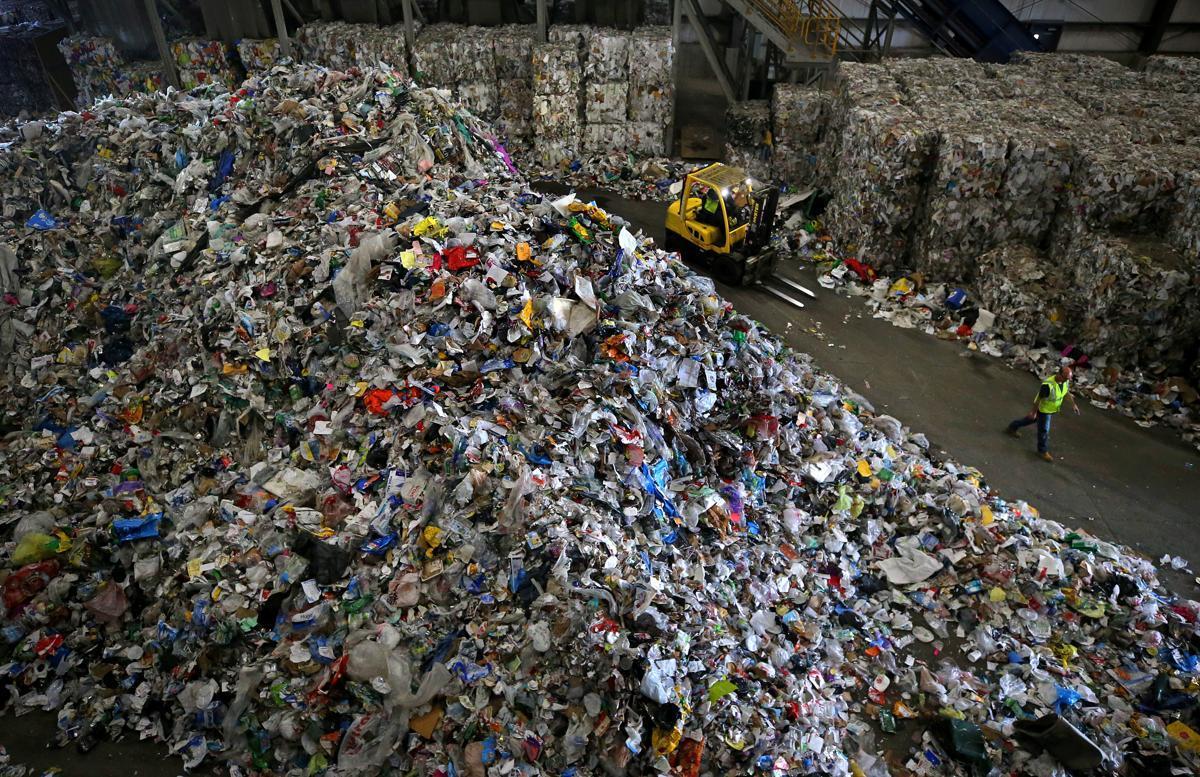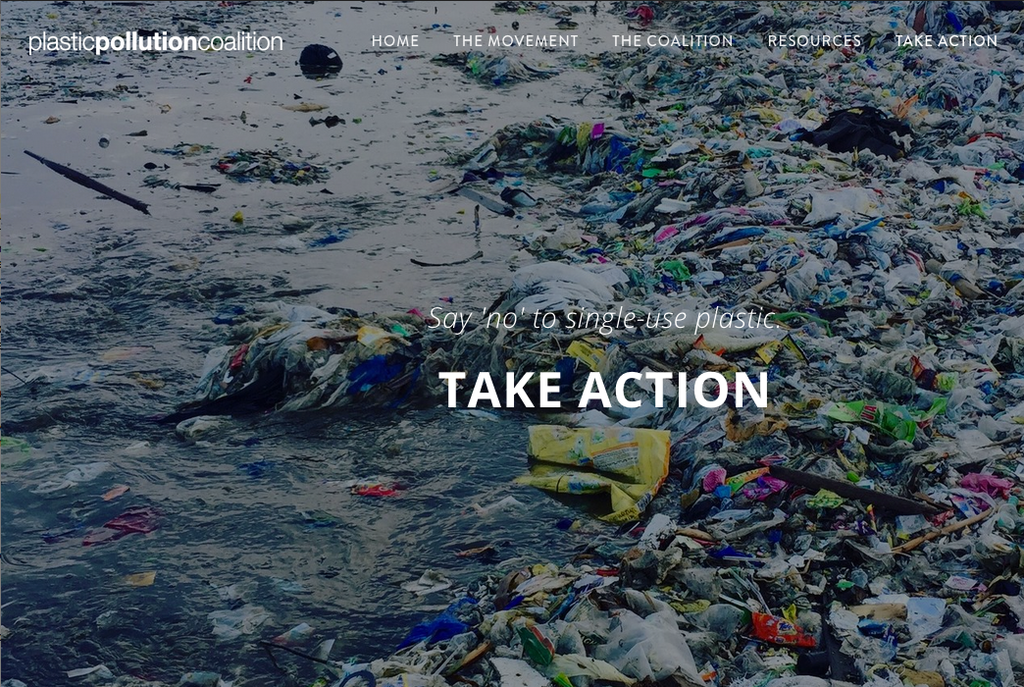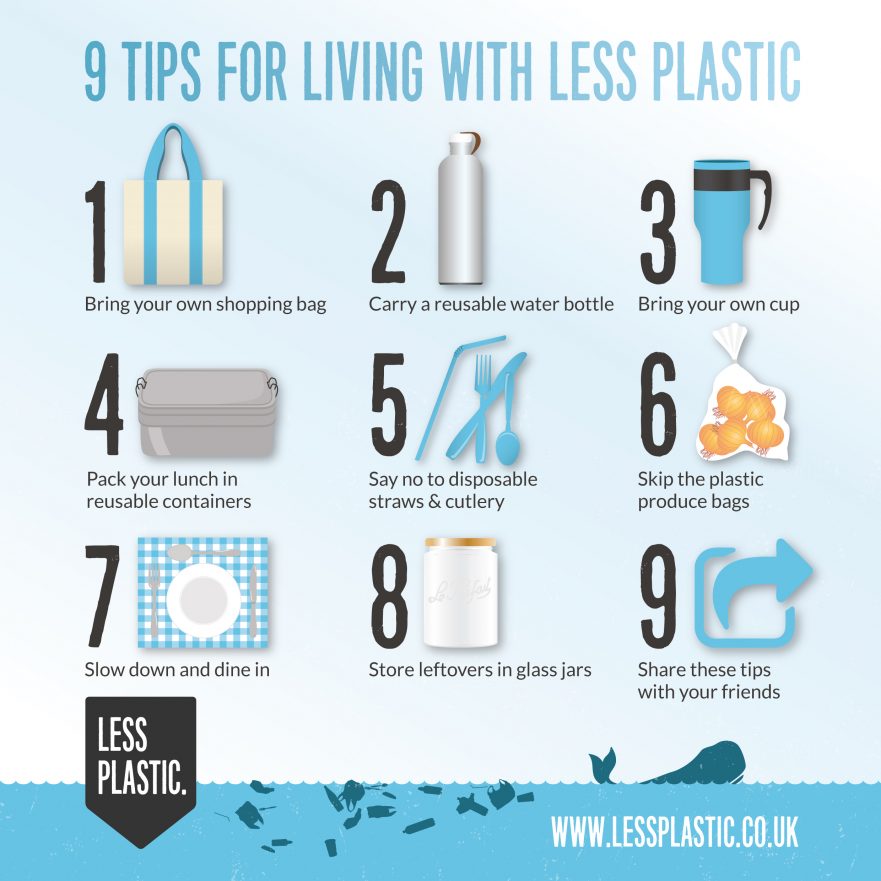|
Recycling crisis, H447 "An act to reduce packaging waste in the Commonwealth" State House, Room 348, Rep. Hecht host June 5, 2018 Present:
Rep. Jonathan Hecht staff from: House W&M Chairman Jeffrey Sanchez’ office Rep. Ruth Balser’s office Rep. Claire Cronin’s office Rep. David DeCoste’s office Rep. Dylan Fernandes’ office Rep. Kay Khan’s office Rep. Paul McMurtry’s office Sen. Vinnie DeMacedo’s office MassRecycle: Edward Hsieh SSRC: Claire Galkowski (also Mass Product Stewardship Council), Julie Sullivan Town of Plymouth volunteers: Ken Stone, John Hammond On phone: Casella Waste and Recycling: Mark Evans, Abbie Webb Miller Recycling: Bob Boucher Republic Services: Terry Grady Town of Bedford/ Mass. Product Stewardship Council: Edward McGrath · Impact of China embargo, Ardagh Glass plant closure on recycling industry, municipalities, environment: China, our region’s outlet for about 30% of residential recyclables, has stopped accepting our material. Main reason: increasing amount of nonrecyclable material in the bales, especially soft plastics, food and liquids. Values and outlets have plummeted, and costs have gone from $0-$60 or 70/ton for single stream material since last fall. Recycling facilities have huge backlogs of material with no place to go. Article about crisis was on front page of Globe today. · Town of Plymouth suspending municipal curbside collection program end of month because of this. Residents will pay much more to private haulers. · Disposal capacity projections in Mass. also point to fewer outlets. Disposal capacity will be 10-20% below in state generation by 2022. · Casella Mark Evans: despite public outreach efforts, contamination rates still high, complicates sortation. Problem has grown over past 10 years. “Wishful recycling” evident, especially with PAYT programs. Rules are difficult to communicate. · SSRC Recycling Education and Compliance Officer Julie Sullivan: Consumers are confused by recycling symbols on non-recyclable materials, misleading messaging. She sees much disgusting stuff in recycling, diapers and worse. Has tried many methods of communicating directly with residents, makes a marginal difference. · MassRecycle Director Ed Hsieh: we aren’t communicating on the same level as producers who have millions in advertising budgets. Waste bans prohibit disposal of recyclables at facility, but up to cities/towns to require it at point of generation. Public space kiosks with behavior science based signage in a few places; need more sophisticated marketing. · Role of packaging waste in recycling, disposal, embargo: 30% of all waste is packaging, 60% of recycling. Producers have no responsibility for resultant waste. · Packaging stewardship models: EU, Canada producers must take physical custody of their disposed material. · H447 would only require financial custody, maintain current infrastructure. Shared responsibility through a packaging fee to an expendable trust. Lower fee for recyclable, recycled and low volume packaging. Would help reduce waste volume, improve quality of recyclables, and increase demand for recycled material. Funds used to bolster recycling infrastructure, outreach and education. · Packaging stewardship efforts in CT, CA are underway. · In EU, unnecessary packaging eliminated altogether due to producer responsibility, i.e. toothpaste boxes. Discussion:
0 Comments
From South Shore Recycling Cooperative:
The time has come to discuss cost sharing for end-of-life management of packaging materials. Packaging materials make up about 30% of our disposed tons, and over half of our recycling. Much of it is unnecessary, nonrecyclable, or not made with recycled material. Recycling markets are in a tailspin with no end in sight. Costs to municipalities and recyclers have gone from 0 to $60/ton (and higher) in 8 months. The volume and variety of packaging materials are a major factor in this crisis. In February, the Committee on Environment, Natural Resources and Agriculture sent H447, An act to reduce packaging waste in the Commonwealth, to House Ways & Means with a favorable report. The SSRC sent letters of support to all our legislators and to House Ways & Means last month. Last week, cosponsor Rep. Jonathan Hecht convened a meeting at the State House to discuss the recycling crisis and figure out next steps to move H447 forward. Eight other legislators sent staff, and several other stakeholders attended (see blog post above for list). The Environmental League of Mass., Product Stewardship Institute (PSI),and MassDEP are aware of and interested in this. PSI is working with a large group in CT on a packaging producer responsibility bill there, and in a few other states as well. The stars may be aligning. A bill of this magnitude needs a lot of support.
The front page article in the June 5 Boston Globe helps explain the current situation with recycling. The 3 R's have turned into the 4 R's: Refuse Reduce Reuse Recycle.
Duxbury has gone to separating trash into separate categories to recycle (glass, corrugated cardboard, mixed paper, and mixed plastics), moving away from single stream recycling. This article explains the why behind that decision. rwww.bostonglobe.com/metro/2018/06/04/new-china-policies-spark-disarray-region-recycling-industry/d9QH2JUtnVqRKaAL8kMkiL/story.html?s_campaign=breakingnews:newsletter Some answers to why Duxbury went to sorting recyclables.
The decision November 15 to separate our recyclables into corrugated cardboard, mixed paper, plastic/metal and glass came as a surprise to most residents who had become very comfortable with the single stream system that made recycling so easy. We at Sustainable Duxbury would like to paint a picture and give you “the story behind the story” in order to better understand why Duxbury made the decision they did. Single stream allows for all recyclables to be co-mingled. Paper, cardboard, bottles, cans, glass and food containers are mixed together for recycling and helps municipalities recapture a higher quantity of recyclable materials. However, the quality of the material is generally poor. Materials recovery facilities (MRFs) are responsible for sorting, baling and selling single stream recycled materials. This is achieved with mechanical sorting equipment and human staff on the sorting lines. When mixed together, single stream recyclables can form an amalgam of broken glass, wet paper and unwanted contaminants such as food and plastic bags. (MRFs do not want plastic bags mixed in with single stream recyclables as they “foul the machinery” and shut down the processing procedure. Better to not use these bags in the first place!). This process can reduce otherwise clean, marketable recyclables to low quality material that can eventually end up in the waste stream. One of the benefits of recycling materials is that it generates a revenue stream through the sale of “clean” recyclables. (Other benefits to the environment include reusing our trash instead of burning or burying it. There are many reasons to recycle.) The town has to pay to remove the trash that goes in the blue bags; recyclables constitute income and trash constitutes cost. An upturn in recycling increases our revenue stream and therefore lowers disposal/tipping fees, leading to lower trash bills and a lower tax levy. So what happened November 15? The key word here is “clean.” It is very difficult to sell single stream recycled materials right now. China has been the largest purchaser of this material and as of July, they placed very tight restrictions on the quality of imports. Processors have had to slow sort lines, run material through twice and hire more human sorters in order to improve the quality and make the bales more marketable. Our costs from Capital Paper Recycling increased for single stream from $47/ton to $65/ton which is more than our disposal cost. What needs to be done: Reduce contamination. Common contaminants include plastic bags, bagged garbage, bagged recyclables, food waste, hoses and other materials that people think might be recyclable but actually are not. We can do this by separating as much as possible at the source: Multi-stream produces a much better product that has more value and doesn’t have the high cost of sorting. Remember to Clean it up and Sort carefully! The age-old saying “Reduce, Reuse, Recycle” comes in that order for a reason. The ideal goal with trash is reduce, use less material. When you can reuse, do so. If all else fails, recycle. Source of most of this information: South Shore Recyling Coopertive (ssrinfo.coop) Remember that bumper sticker? Well, we've done it again. The Massachusetts House voted 145-10 in favor of the bill sponsored by Representative Dylan Fernandes, a freshmen Democrat from Falmouth, that commits the state to the Paris climate accord even though the United States is no longer participating. Check out the news about this important statement to the country.
This article just recently came to my notice from a discussion board via Mass Green Network where we are all talking about alternatives to plastics that are compostable. It seems to be a very mixed review on compostable utensils and bags. They may not be so biodegradable. As we try to eliminate and cut down on the use of plastics, the alternatives are hard to come by.
Good article on why it more important to reduce and reuse before we recycle, a last resort: Recycle in Trouble.
Check out this website for information on how we can cut down on all the plastic we use. Then take a look at Plastic Pollution Coalition and learn more about how you can reduce and eliminate plastic in your life.
Sustainable Duxbury's Citizen's Petition to ban thin-filmed, single use plastic carry out bags, passed town meeting approval on Monday evening, March 13, 2017. We are very pleased that we are joining 42 other communities in Massachusetts in passing such a ban. We are the first town to pass one in 2017 with many more towns to follow. You can read the bylaw here along with an explanation here.
In the meantime, you can read about Newport, Rhode Island, in Eco RI News, who passed a plastic bag ban March 8. Their story is similar to ours and is only the beginning of a very large movement to rid the environment of these dangerous plastics. |
Archives
June 2018
Categories
All
|





 RSS Feed
RSS Feed
